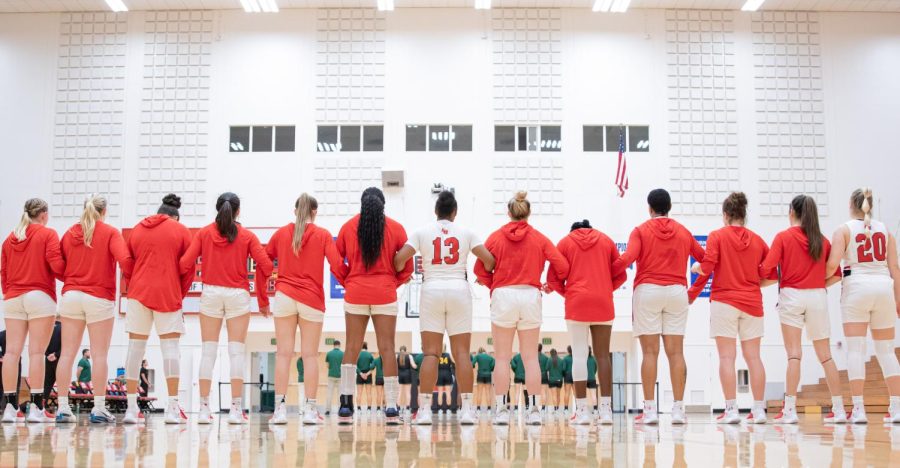Perhaps more than any other era in our history, we live in a time where commercial fees naggingly strip customers of their money as an accepted practice for businesses to obscure the true costs of their services.
This reflects a corporate culture which sees larger benefits to be had by raking in every penny from its customers to improve their bottom line, as opposed to maintaining the good will of the consumer.
As reported by the San Francisco Chronicle, as of Monday JPMorgan Chase decided to settle a lawsuit pertaining to its checking account overdraft fees following the precedent set by Bank of America last year.
Airlines have become so notorious for the extra fees they charge that Southwest consistently advertises just on the platform you don’t have to pay baggage fees.
Buying concert tickets online often runs you a minimum of $10 extra per ticket simply for the convenience of using the Internet to make your purchase.
Considering these few examples of the ubiquitous characteristics of many fees in our daily lives, it should come as no surprise these costs would find their way into our education.
That, at least, seems to be the argument recent college graduate Stef Gray is making in regards to her private student loans with Sallie Mae.
Gray started a petition on change.org, which has already garnered over 100,000 signatures in order to get Sallie Mae to stop charging forbearance fees she considers “double dipping.”
“I’m doing everything I can to avoid defaulting on my loans, but Sallie Mae has charged me hundreds of dollars in extra fees because I’ve had to delay my payments. Federal loans allow the unemployed to defer payments without any fees, so the same kindness is not too much to ask from America’s largest private lender,” said Gray in a statement on the petition website.
One of the major problems that can occur with these types of fees is people are often unaware of them until they begin to find themselves owing unexpected amounts.
This is extremely important when it comes to student loans which are often very difficult to get rid of and these sorts of fees can accrue, as in Gray’s case, where the forbearance fee originated at $50.
While student loan services at universities do their best to ensure we get the information we need, it is extremely difficult to have information on every aspect of every loan available to students.
At CSU East Bay, the Department of Financial Aid has a number of guidelines regarding loans, such as, “Before you accept a student loan, you should carefully consider the cost of the loan–and the commitment you are making to repay it–against the advantages of borrowing for college expenses.”
A representative of Sallie Mae, Patricia Christel, made a similar comment stating, “We try to educate borrowers on more affordable repayment options before granting a forbearance.”
The problem is many universities seem to lack a straightforward and comprehensive database through which students can see the types of fees that can occur through every loan provider on their own.
At the same time, businesses often fail to mention these types of fees.
It may be difficult to accomplish creating the type of database needed, but until then there will remain to be serious inequities in the current marketplace as businesses are able to take advantage of the lack of information many consumers have regarding various products by charging them hidden fees.
The Sallie Mae fee may be just an insignificant microcosm in the scheme of things, and according to Christel, “The economy poses a significant challenge, but still only 4 percent of [Sallie Mae] private education loans are in forbearance.”
Yet with the average indebtedness of CSUEB students as of 2010, according to U.S. News, standing at $15,572, being entirely clear about loans is certainly something we need to emphasize to prevent people from suffering economically or feeling unjustly attacked.
Students must do more to be aware about what they are getting themselves into and our advisers must strive to make that knowledge clear.
Businesses must understand that unless they are upfront with their customers, they potentially face strong consumer backlash.










